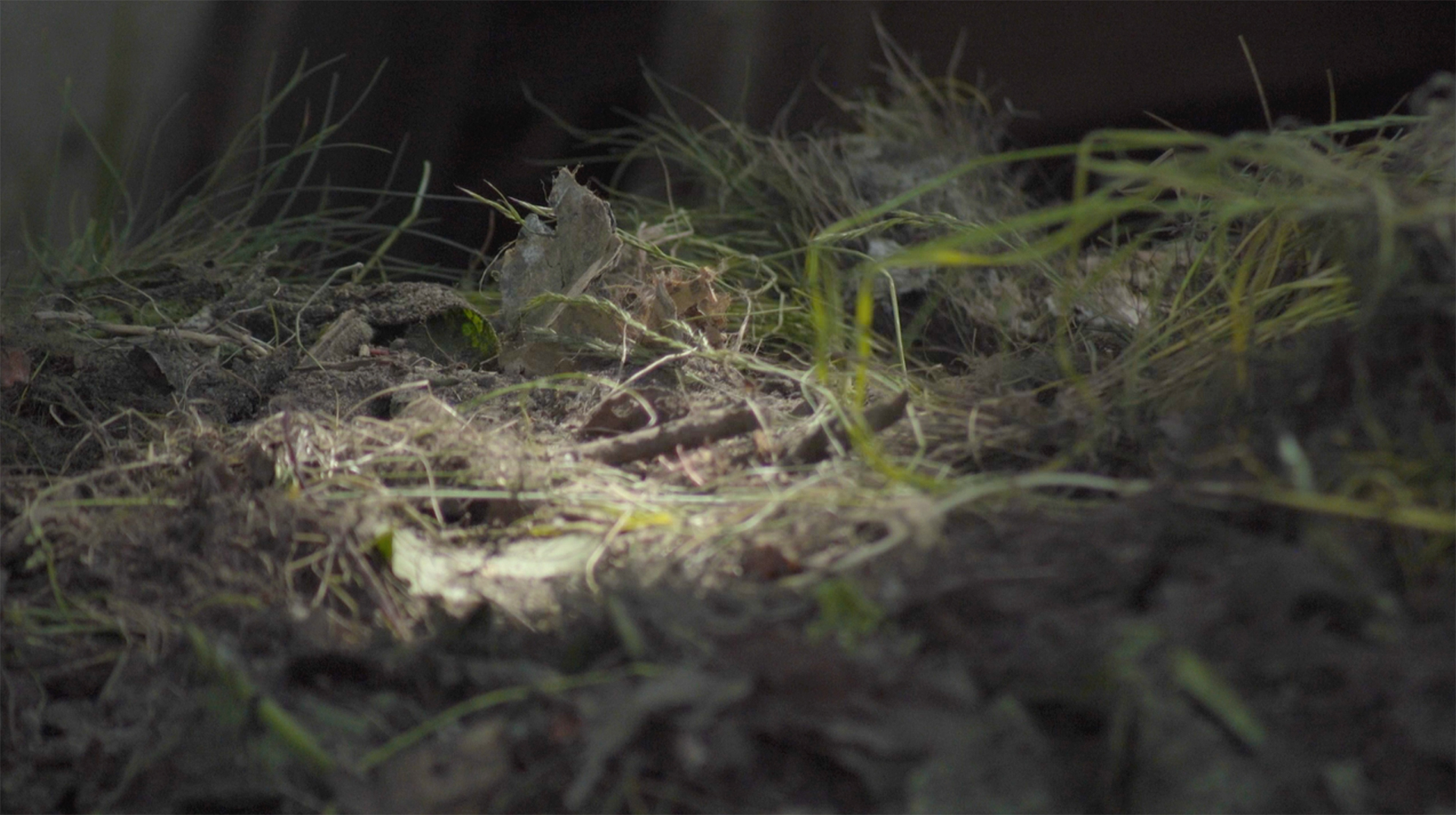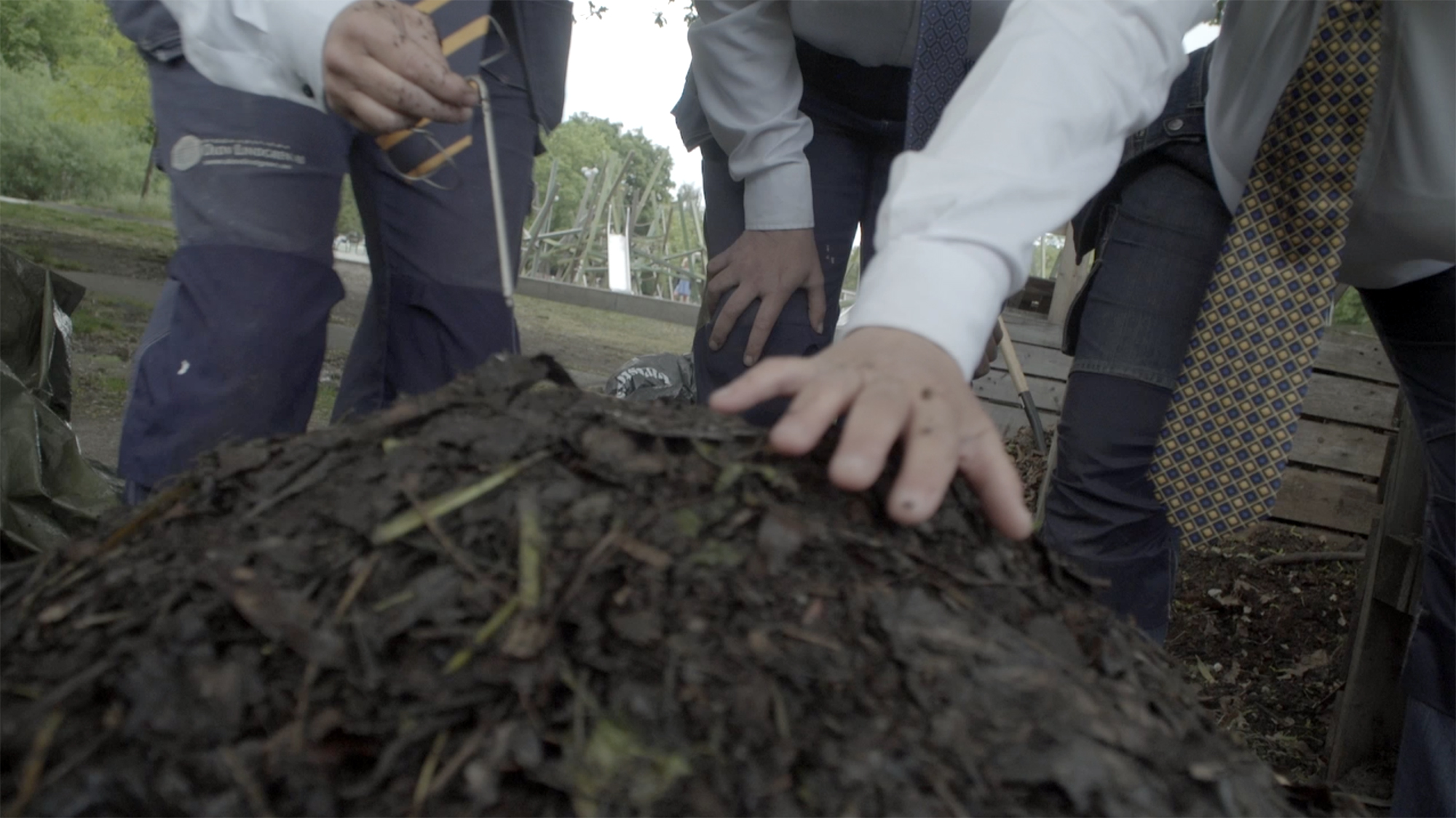-

Open Call: Soils as Sites of Emergency and Transformation, NESS Conference, Gothenburg, Sweden. Abstract deadline 15 Dec!
Dear soil friends, please consider joining us for “thinking with soils” workshop in Gothenburg, Sweden, 7-9 June 2022, as part of the Nordic Environmental Social […]
-

Humus economicus – Launching a four-year art and research project!
We’re happy to announce that The Posthumanities Hub researcher Dr. Janna Holmstedt has received a four-year research grant from Formas, a Swedish Research Council for […]
-
CLIMAVORE – How We Eat as Humans Change Climate
As part of The Posthumanities Hub Seminar Series, we are exited to present Cooking Sections (Daniel Fernández Pascual & Alon Schwabe), a duo of spatial […]